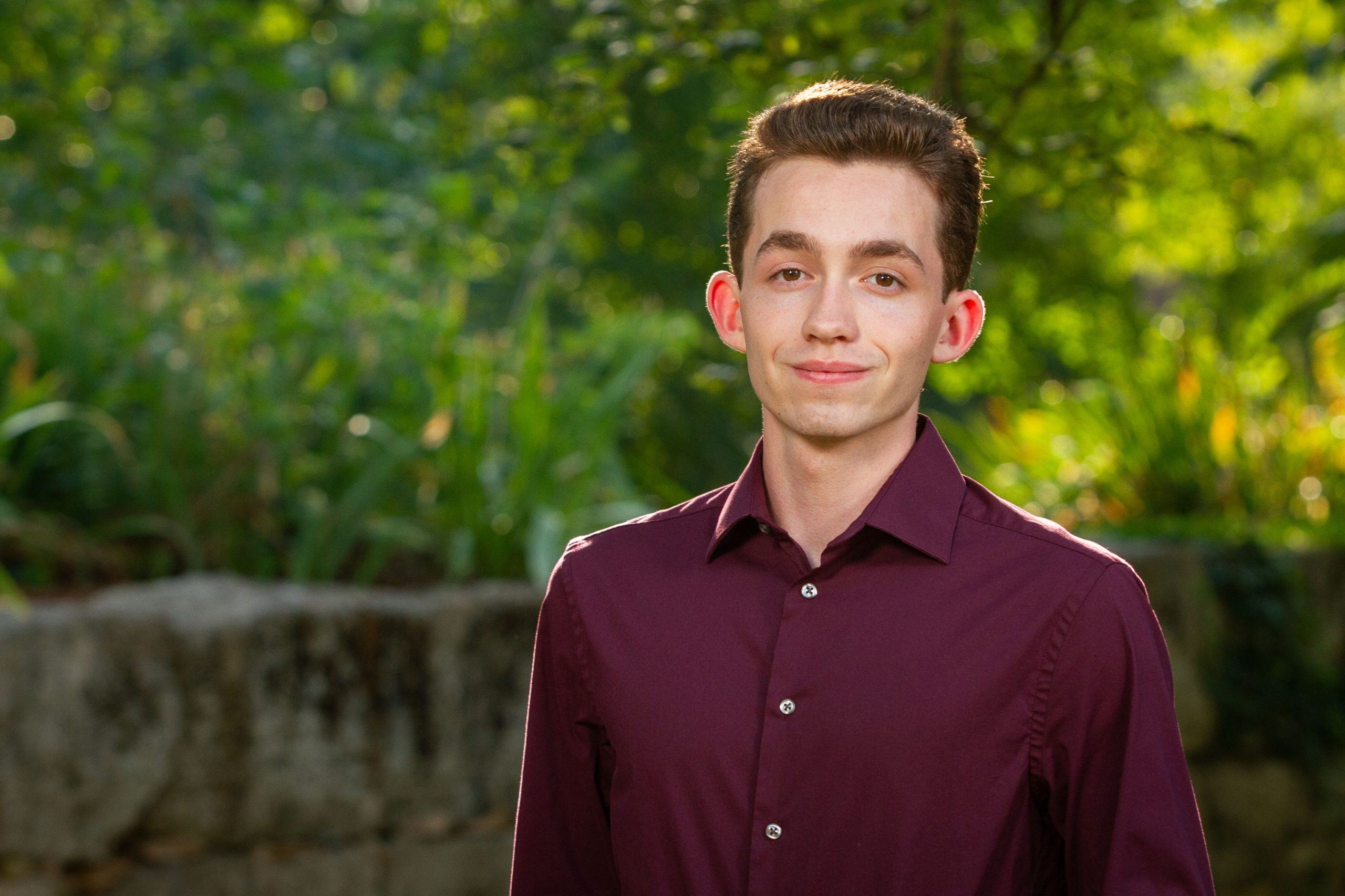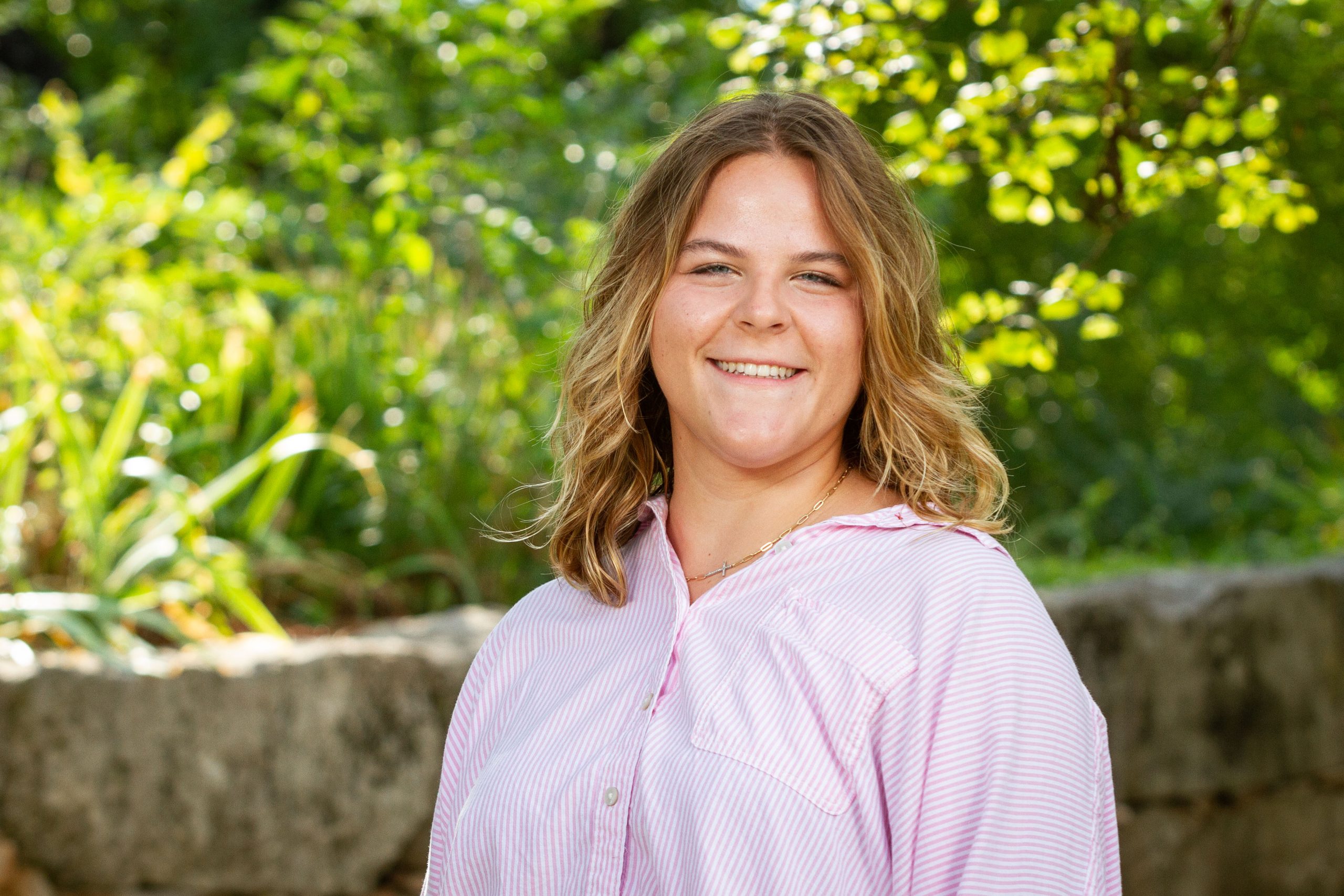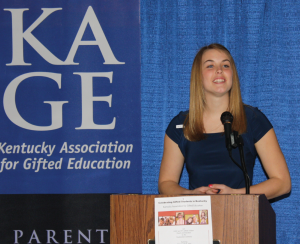[fblike]
The Carol Martin Gatton Academy of Mathematics and Science in Kentucky at WKU has selected 50 students for its Class of 2014.
The students in this year’s class span 37 counties from across the Commonwealth. This gifted group of high school sophomores brings with them to the Gatton Academy an average ACT score over 10 points higher than the statewide average for graduating seniors.
Last fall, 280 students began the admissions process with 175 students qualifying for review. Students were reviewed based on ACT/SAT scores, high school grades, awards, extracurricular activities, responses to essay questions, and letters of recommendation. Last month, 95 candidates were invited for interviews with Academy staff members and representatives from across Kentucky. In the end, 50 dynamic applicants emerged from the review process.
Tim Gott, director of the Gatton Academy, expects these students to continue the level of academic and personal engagement Academy students have demonstrated over the last five years.
“With our sixth recruited class, we continue to see the unmatched depth of ability and passion of students from across the Commonwealth,” Gott said. “These students demonstrate, once again, that the Commonwealth can compete globally in producing young women and men who will have a major impact in STEM fields.”
The selected students scored an average composite of 30.02 on the ACT and 29.8 on the math portion of the exam. The highest possible score is 36. The 2010 state average ACT score for graduating Kentucky high school seniors was a composite of 19.6.
“The strength of the members of the Gatton Academy’s Class of 2014 is a testament to the good work of educators and schools across the state,” said Corey Alderdice, the Academy’s assistant director for admissions and public relations. “We look forward to the opportunity to now partner with those districts to continue to meet the educational, social, and emotional needs of these high-ability students. Their experiences will be the flagstone in these young people’s pursuit to lead Kentucky in the 21st century.”
The incoming class includes students from the following counties: Bath, Boone, Boyle, Breckinridge, Bullitt, Calloway, Campbell, Christian, Clark, Crittenden, Daviess, Fayette, Fleming, Gallatin, Greenup, Hancock, Hardin, Henderson, Jefferson, Jessamine, Knott, Knox, Laurel, Lincoln, Lyon, McCracken, Morgan, Nelson, Oldham, Pendleton, Perry, Pike, Trigg, Warren, Wayne, Webster, and Wolfe.
This year, four counties had students admitted to the Gatton Academy for the first time: Gallatin, Knott, Perry, and Morgan. To date, the Gatton Academy has admitted students from 107 of Kentucky’s 120 counties.
The goals of the Gatton Academy are to enable Kentucky’s exceptional young scientists and mathematicians to learn in an environment that offers advanced educational opportunities, preparing them for leadership roles in Kentucky. Moreover, the Gatton Academy assists in preparing Kentucky to compete in a knowledge-based economy by increasing the number of scientists and engineers who live and work in the state.
Students will finish their junior and senior years of high school living in Schneider Hall and taking courses offered by WKU. At the end of their two-year course of study, they will graduate from high school and have earned at least 60 college credit hours.
The Academy provides a rich living/learning environment designed specifically for academically talented adolescent students that features clubs, organizations, and community service. Additionally students are able to participate in advanced research with WKU faculty members. Research conducted during students’ time at the Gatton Academy has been honored in the nationally competitive Siemens Competition, Intel Science Talent Search, Barry M. Goldwater Scholarship and Excellence in Education Program, and the Department of Defense Science, Math, and Research for Transformation (SMART) Scholarship Program. Three-out-of-every-four Gatton Academy students also participate in a study abroad or global learning experience in locations such as Costa Rica, Italy, Greece, England, China, or Morocco.
The Gatton Academy is Kentucky’s only state-supported, residential program for high school students with interests in advanced science and math careers and one of fifteen such programs in the nation. In 2011, Newsweek magazine ranked the Gatton Academy as one of the nation’s top five public high schools.
Students selected for the Gatton Academy Class of 2014 are available after the jump.
(more…)





